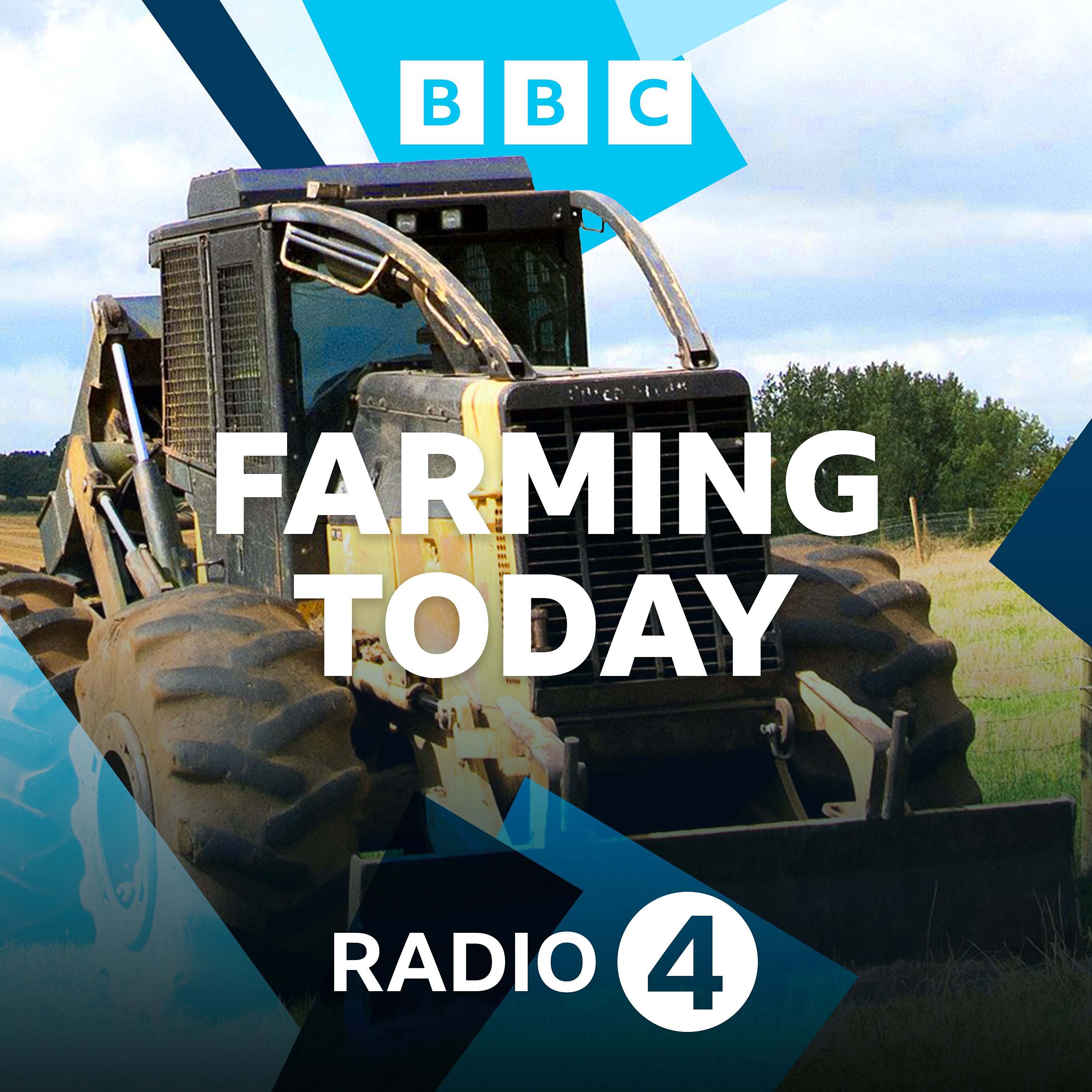11/10/24 - Employment rights, beavers, Welsh slurry spreading rules
Description
The government has published its Employment Rights Bill - so what will it mean for farmers and the staff who work for them? Its key proposals include protection against unfair dismissal from day one, flexible working, improved rights for sick pay, bereavement and parental leave, and a move to regulate zero hours contracts. Most of the planned changes won’t take effect until 2026 and there’ll be a period of consultation between now and then.
Conservationists have long argued that the reintroduction of beavers can help reduce the risk of flooding - the dams they build slow the flow of water in rivers, holding it back from built-up areas further downstream. Well, beavers have been living wild on the River Otter in East Devon for at least 16 years, but last year, there was significant flooding in the area.
And some Welsh farmers have claimed they are having to choose between the risk of polluting rivers or breaking the law, ahead of a controversial muck-spreading ban. New rules forbid slurry spreading across Wales from mid October to January, in an effort to protect water quality. NFU Cymru says there is "enormous concern" after wet conditions have hampered efforts to empty slurry stores ahead of the deadline. But the organisation representing Welsh rivers' trusts say farmers have had years to prepare for the changes.
Presented by Caz Graham
Produced by Heather Simons
More Episodes
The Advertising Standards Authority has issued guidance to advertisers to make sure consumers aren't misled about the term "regenerative agriculture".
Scotland's first minister John Swinney says inheritance tax changes in the budget are causing unacceptable levels of stress among farmers in...
Published 11/14/24
Published 11/14/24
A new tool is being used by the seafood sector to collate carbon emissions data from all along the supply chain - from farming catching the fish in the wild, all the way through to processing and packing.
The Scottish Government is consulting on a new Crofting Bill, aimed at making it easier for...
Published 11/13/24


